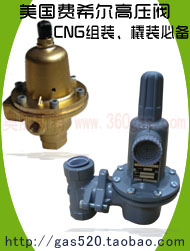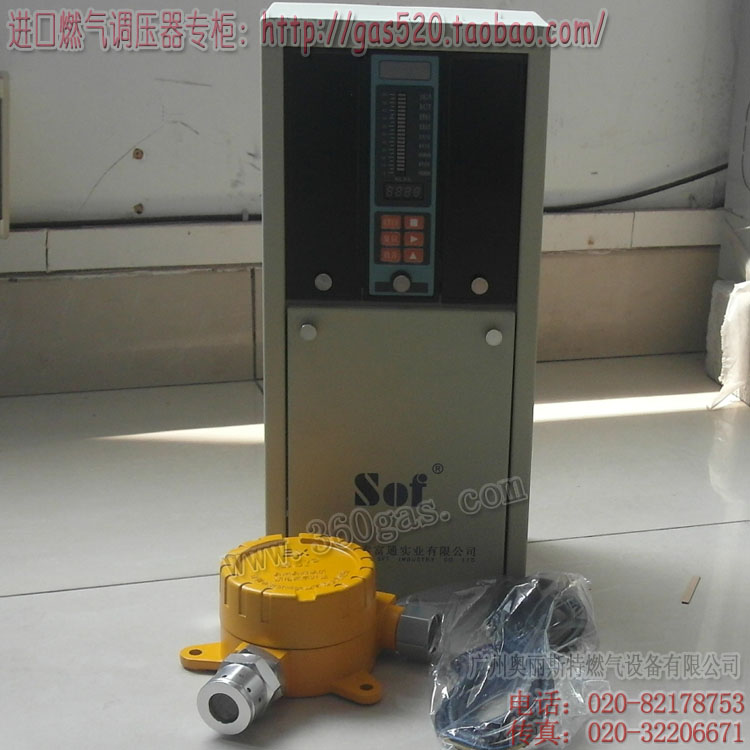位置:首页 > 燃气资讯 > Australia’s Gaseou
Australia’s Gaseous Fuels Industry Calls for a Better Tax Deal
浏览次数 875 , 日期 2013-09-04 , 燃气设备 加入收藏
With Australia’s election day looming, Gas Energy Australia, the national peak body which represents the bulk of the downstream alternative gaseous fuels industry in the country, is calling on an incoming government to change policy settings that currently penalise LNG, CNG and LPG. The election, set for September 7th, is seen as an opportunity to argue for revised incentives and raise the profile of natural gas as a low-carbon alternative fuel.
“In recent times Government excises on gas fuels plus carbon price policies have placed significant limitations on the industry reaching its full potential,“ said Gas Energy Australia CEO, Mike Carmody. “As voting day approaches the Association is encouraging members to get involved in the Election by raising the tax as well as other issues with local MPs and major parties.”
Gas Energy Australia has built an Election hub to advise members, and others in the industry, on key issues such as fuel affordability, energy security and jobs growth, and help them connect seamlessly with campaigning politicians.
Carmody said the new Parliament must take early action to remove the excise on natural gas transport fuels (LNG and CNG) and freeze the amount of excise applying to Autogas. This would allow more motorists and fleet operators to access affordable gas fuels, help Australia reduce greenhouse gas emissions and secure Australia’s energy future. CNG can reduce GHG emissions by up to 17 per cent and LNG by up to 20 per cent.
“According to the Garnaut Report, the transport sector contributed 14% of Australia’s net GHG emissions. Transport-related GHG emissions will double by 2050. Currently, Australia’s long-haul fleets and mining companies rely on diesel which is a poor cousin to LNG and CNG for environment and health outcomes. Importantly, last year the World Health Organisation concluded diesel exhaust is a carcinogen.”
The Government had previously said that energy equivalent taxes applying to LPG, LNG and CNG should be “discounted by 50 per cent in recognition of the potential environmental, regional development and fuel security benefits of their use”. However in 2015 when the final excise increase is implemented, this will fall short of that mark.
Gas Energy Australia is calling for the 50% discount to be maintained to stimulate the gaseous fuels sector.
This is not to say the industry is stagnant by any means, with a number of recent developments demonstrating the potential for renewed growth:
- In April this year, BOC’s general manager for LNG in Australia, Alex Dronoff, welcomed the entry of Shell to the LNG refuelling market for heavy duty vehicles along the eastern seaboard. “It can only provide greater access to and awareness of this important alternative to diesel for transport operators from a commercial, economic and environmental perspective,” Dronoff said at the time. BOC and Shell will help create an LNG corridor along the major road transportation routes.
- In Victoria, one of Australia’s eastern states, the State Government is working with Caltex to deliver five LNG refuelling stations in regional areas, adding further substance to the LNG refueling network.
- A Joint Industry Project focusing on LNG fuelled tugs and Offshore Supply Vessel (OSV)s, managed by DNV with nine partners in Australia, concluded in March this year that there are attractive payback periods from the additional investments required for Liquefied Natural Gas (LNG) fuelled shipping, along with no significant legal restrictions hindering development of LNG bunkering in Australia.
Gas Energy Australia, a member of NGV Global, believes the investment by such companies will not be enough to stimulate growth alone, asking the government to get serious about its voiced commitment to alternative fuels.








